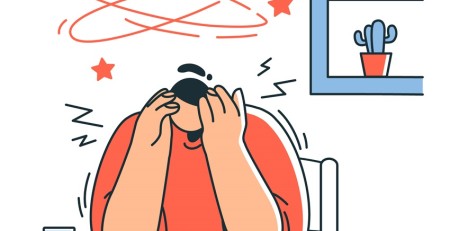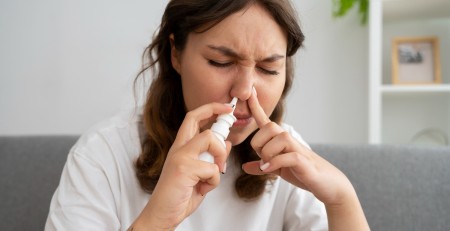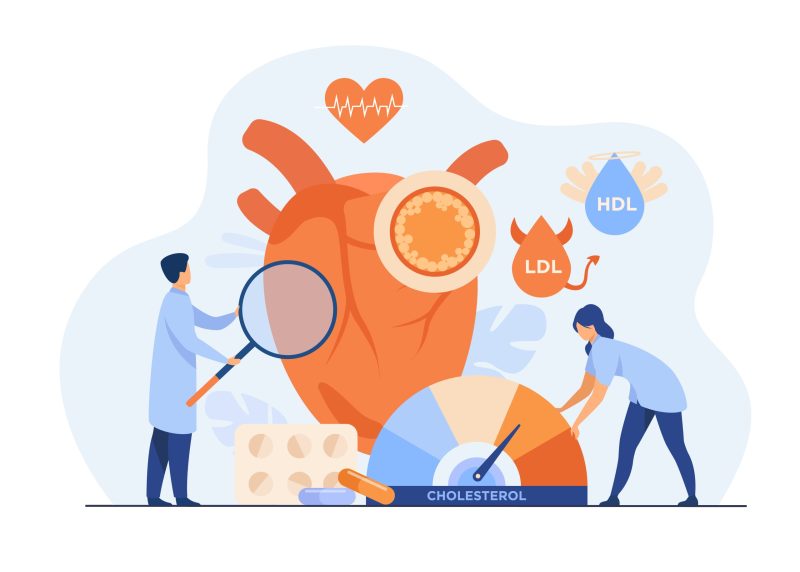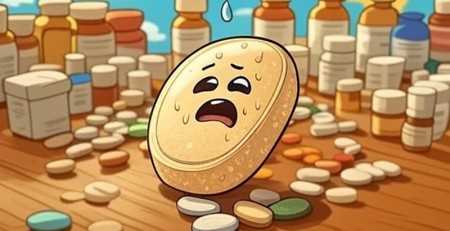Where there’s a pill, there’s a way: How to store and manage your prescriptions
If you take a prescription medication—whether regularly, or only on occasion when you need it for a specific issue—chances are you were given some information on how to take your medication safely. But you might not have been told how to store or manage your medication, and these are also key to making sure it works properly! Read on for some basic advice.
At ADV-Care Pharmacy, your pharmacist follows best storage practices.
Before your pharmacist filled your prescription, ADV-Care pharmacy managed all its medication supplies using proper storage and inventory control methods.These standards include keeping medication between 15 and 25 °C and dry by avoiding humid or hot environments. It also includes keeping refrigerated medication in a controlled refrigerator at 2 to 8 °C. ADV-Care Pharmacy also follows strict protocols for the disposal and return of expired medications, for preventing cross-contamination, and for product rotation to make sure you always get medication with the longest possible expiry date.These practices make sure your medication is safe, secure, uncontaminated, and maintained properly for peak quality and effectiveness.But then it comes to your door… and chances are, you don’t have specialized pharmacist training! So what now? Not storing or managing your medication properly can affect its effectiveness, meaning how well it works in treating your condition, whether chronic or short-term. In some cases, improperly stored medicine could even make you ill.
Let’s talk about good medication storage habits at home!
Many people keep their medication in a drawer, or in a kitchen cupboard, or on a shelf in the medicine cabinet. If you take a lot of medications for chronic conditions, you may keep all your medicine together in a basket or a box on the kitchen counter.Unlike the conditions managed by your pharmacist in the drugstore, the storage conditions in your home may be hot or humid, and the lack of safe, secure storage may mean a child or someone unfamiliar with your medications could misuse your medicine.For best results and safety, always follow these guidelines:
1) Keep medicines safe in a childproof, locked drawer or cupboard.
2) Avoid storing medications next to the stove or in the bathroom where variable temperatures and humidity can cause them to deteriorate. In these conditions, gel capsules and pills can break down, which can affect the release of the medication or alter its makeup.
3) Store medications in a dry, cool, dark place, as heat, light and humidity are bad for medicine.
4) Always keep your medications in the container provided by your pharmacist to avoid mixing them up with each other or with supplements like vitamins.
5) Remember to remove any cotton or desiccant packages from your prescription containers. Once the bottle’s seal is broken, these things don’t keep your medicine dry; in fact, they can draw moisture in, thus affecting the effectiveness of your prescription.
6) If your medicine has changed colour; sticks together; smells different than when you first got it; or crumbles, chips or cracks easily—please don’t take it! Consult your pharmacist at ADV-Care, your doctor, or another trusted health care professional.
Manage your medicine carefully for best results.
Many people use daily or weekly pill containers to manage their medications—you can ask for a free one from ADV-Care when you fill your prescription. Alternately, by request, your pharmacist can give you specially prepared blister packs to organize your medications for weekly use or for travel.Your doctor may prescribe medicine that needs to be taken with meals, or on an empty stomach, or at certain times of the day. You may need to avoid certain foods like dairy or citrus because these foods can alter the way medicine is absorbed in your body. If you think you might have trouble remembering, write down the specific instructions and keep them with your medications so you can refer to them every time your pill container, or set a reminder on your smartphone.Your ADV-Care pharmacist can help answer any questions you may have about how to best take the medication your doctor has prescribed for you and whether there are side effects to watch for. Make sure to follow the instructions for taking your medicine carefully—it can make all the difference to your health!
Don’t neglect proper pill disposal.
Sometimes your doctor may change your medications. What should you do with your leftover, old or expired medicines?First, here’s what not to do! Never share them with other people. Your doctor has prescribed the type and dosage of medicine just for you. Also, never flush them down the toilet. Unused prescriptions can contaminate the water supply.Instead, to dispose of them in your garbage, mix them with an organic substance, such as kitty litter, coffee grounds or vegetable clippings, and seal the mixture in a plastic bag. This makes it less likely they’ll be taken from the garbage and used unsafely.Now you’re all set to keep your medication safe and ensure that it’s effective!










